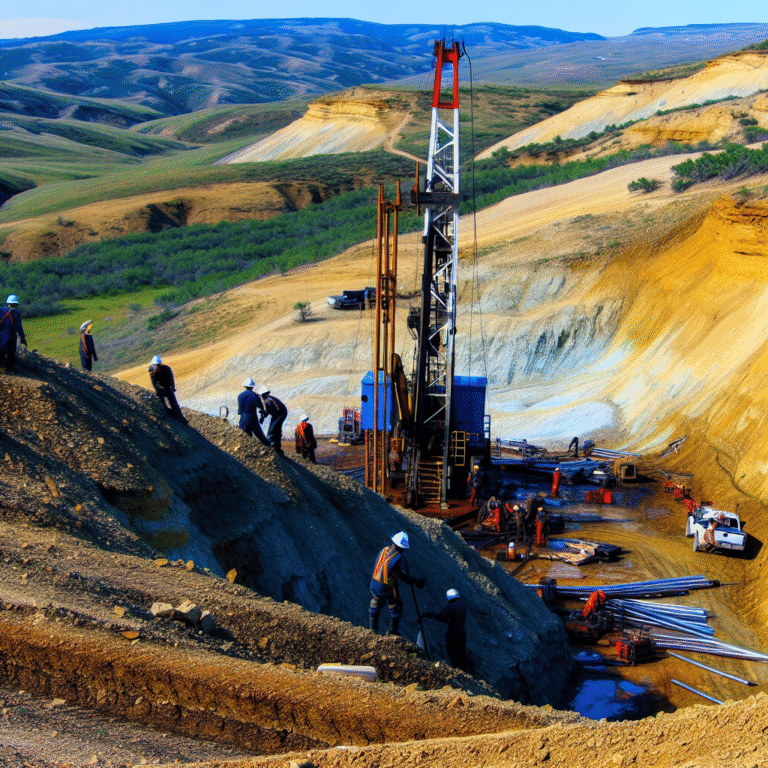White Flame Energy Advances Exploration Activities in Greenland’s East Coast
In an intriguing development, White Flame Energy and its subsidiary, Greenland Gas and Oil, are actively engaged in exploratory activities along the east coast of Greenland. According to information from Sermitsiaq, construction machinery was recently unloaded from the Royal Arctic Line ship, which docked in Ittoqqortoormiit on September 27.
Earlier this year, White Flame Energy secured an extension on its three oil exploration licenses, situated just north of Ittoqqortoormiit. Significantly, the company stands as the sole oil enterprise still operating in Greenland—a landscape from which all its competitors have retreated. This mass withdrawal came in the wake of the Naalakkersuisut’s 2021 announcement to suspend the nation’s oil strategy and halt future oil exploration efforts.
Obligations in Exploration
Despite the broader cessation of new permits, White Flame Energy is still permitted to pursue exploration under licenses granted prior to the 2021 decision. The Ministry of Raw Materials has confirmed their ongoing field activities and insists the company must adhere to specific regulations during this investigation.
“White Flame Energy holds three hydrocarbon exploration permits for Jameson Land. This past summer, they were authorized to conduct exploratory activities, which included the landing of a camp and equipment intended for future operations. This equipment is arriving from the Dundas area,” stated the department in its communication with Sermitsiaq. Importantly, while the company is allowed to land equipment, permission to establish a campsite or docking facilities has yet to be granted.
Restrictions on Establishment
“As of now, there is no approval for the establishment of a camp or wharf within their permit area. Unfortunately, we cannot disclose the company’s further exploratory plans, as they are confidential, and we have not received a formal application in this regard,” the department clarified. However, it reiterated that White Flame Energy is still permitted to conduct oil exploration in accordance with its existing licenses and must comply with ongoing regulations set by the raw materials authority.
Should their investigations bear fruit, White Flame Energy might one day transition from exploration to extraction in Greenland. That said, the financial reality of such a move looms large. The company would require substantial capital investments, and the critical question remains: who would be willing to finance such risky ventures in a country that has decisively limited oil exploration?
Sermitsiaq has reached out to Roderick McIllree, the chairman of White Flame Energy, for insights on the company’s plans and current activities. Unfortunately, there has been no response by the time of publication.
As this narrative unfolds, the interplay between ambition and regulation continues to shape the future of oil exploration in Greenland.
